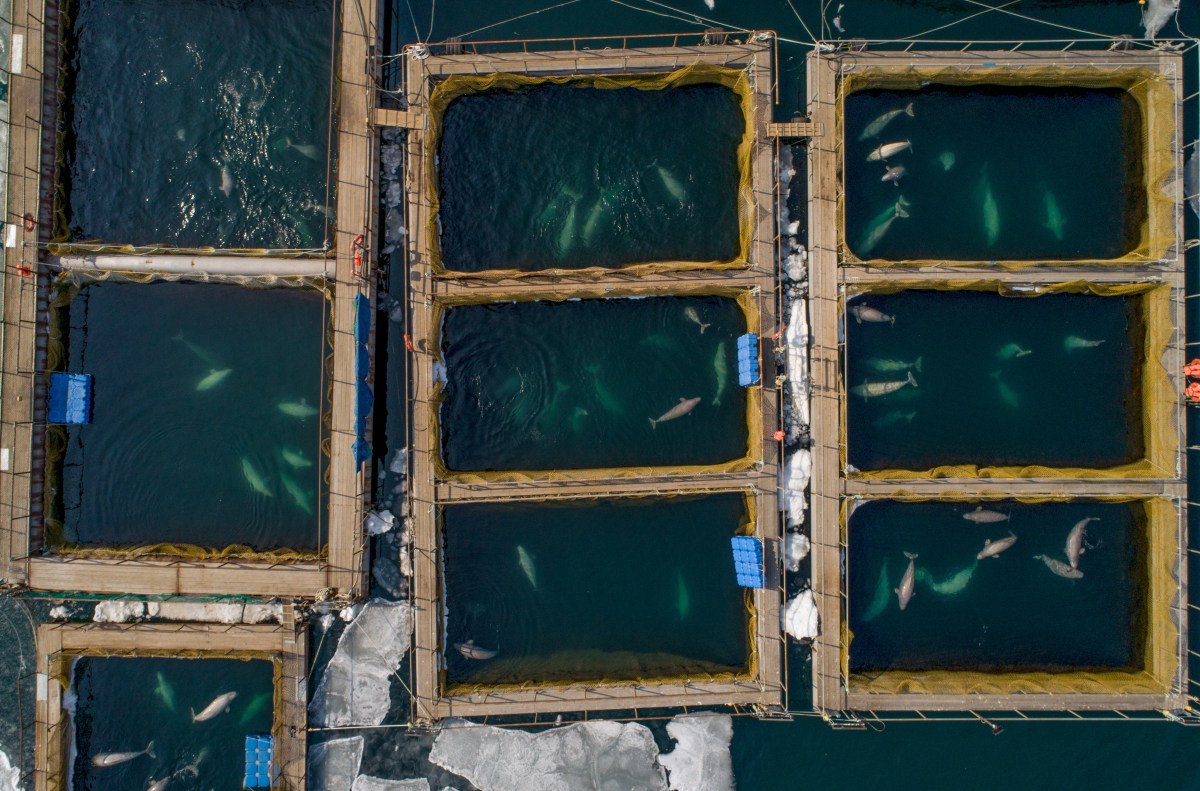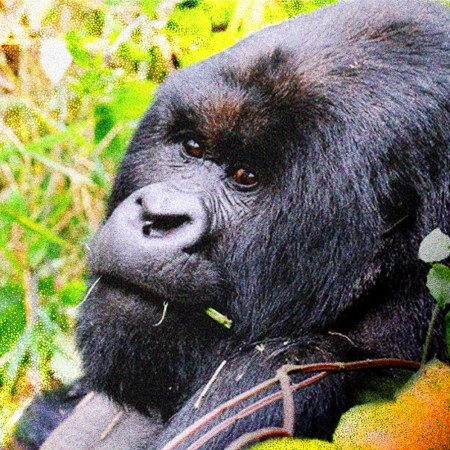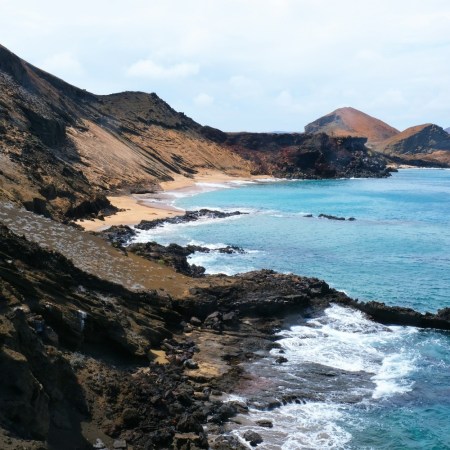Russia is finally freeing over 100 whales – orcas and belugas – from a “whale jail”set up in the summer of 2018. The tiny enclosures were meant for housing the whales before they were sold and moved to Chinese aquariums.
The whales could fetch up to $6 million each, CBS News reports.
Trapped within inhumane conditions, the whales need to travel hundreds, if not thousands of miles a day to stay warm, something they’re unable to do within the freezing arctic entrapments.
“There are very small chain-link pens, 12 to 15 baby whales are put there and have to be on top of each other,” Nina Zyryanova, an animal activist, told the Associated Press. “Although these animals are native to the Arctic, they must move, hundred kilometers a day, to stay warm.”
According to a change.org petition, there are currently 90 baby belugas, 11 orcas, and 5 baby walrus being held in the chain-link pens.
The worldwide ban on commercial whale hunting went into effect in 1982, however, that hasn’t stopped a flourishing blackmarket from exploding. The Russian Border Guards Department believes the whales were captured illegally.
“We are doing everything we can,” Ecology Minister Dmitry Kobylkin told TASS, Russian state news agency. “No one objects to releasing the orcas, but the most important thing is to release them properly.”
The Ministry of Natural Resources concluded unanimously that minimizing further harm to the whales was and important part to returning them to their natural environment.
Thanks for reading InsideHook. Sign up for our daily newsletter and be in the know.


















